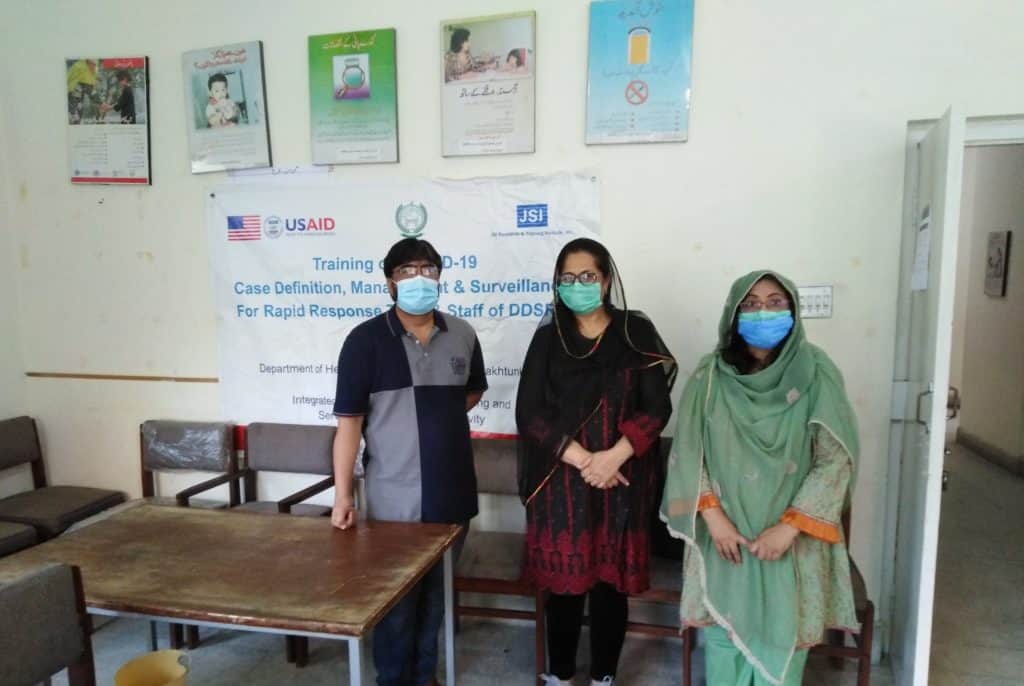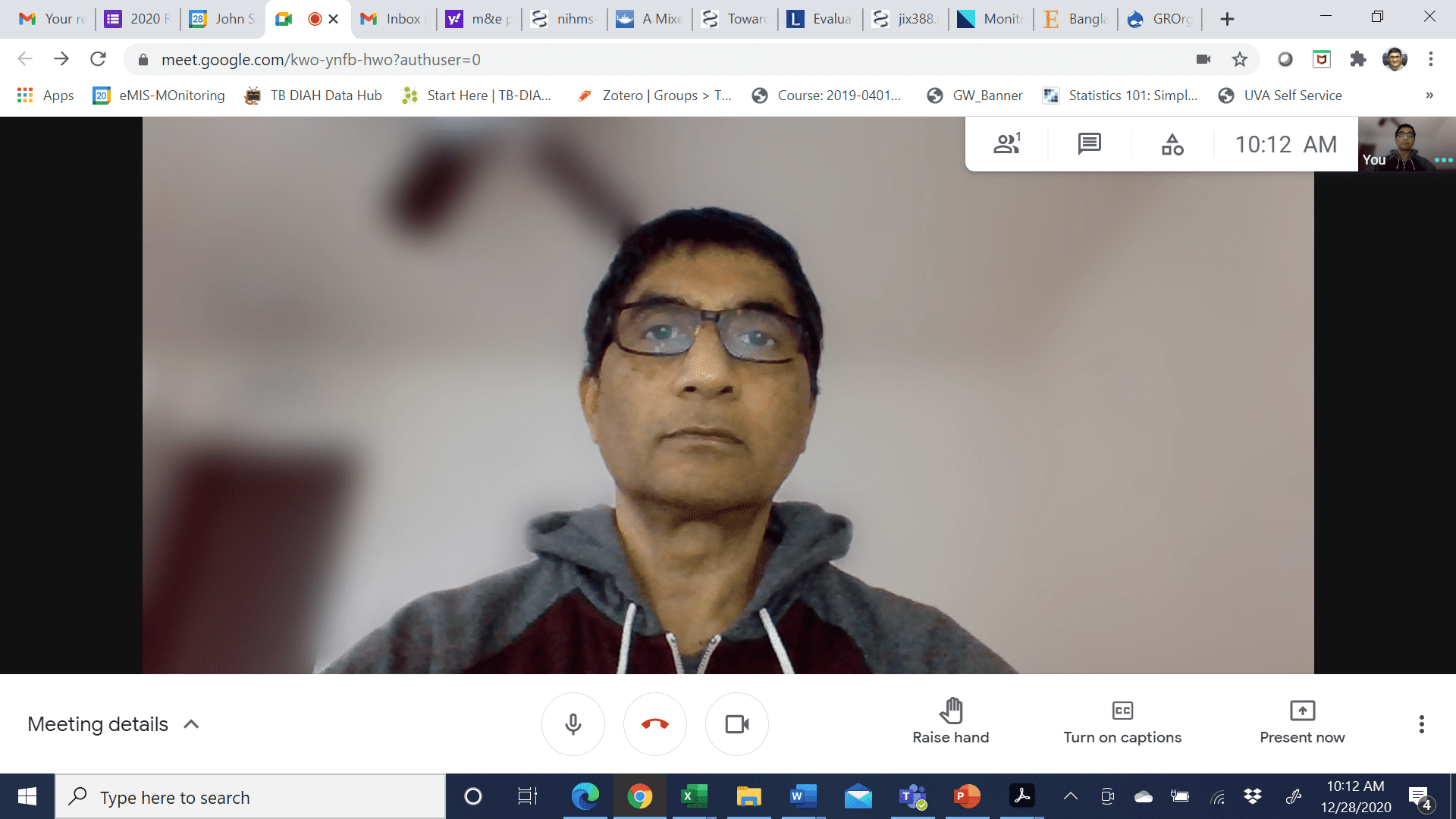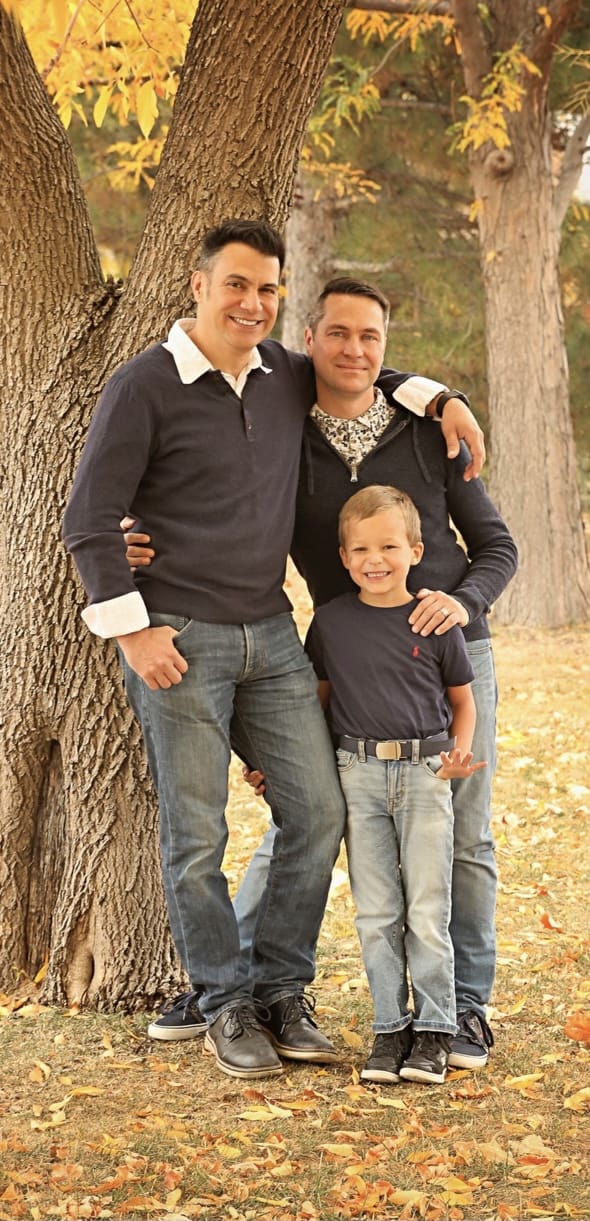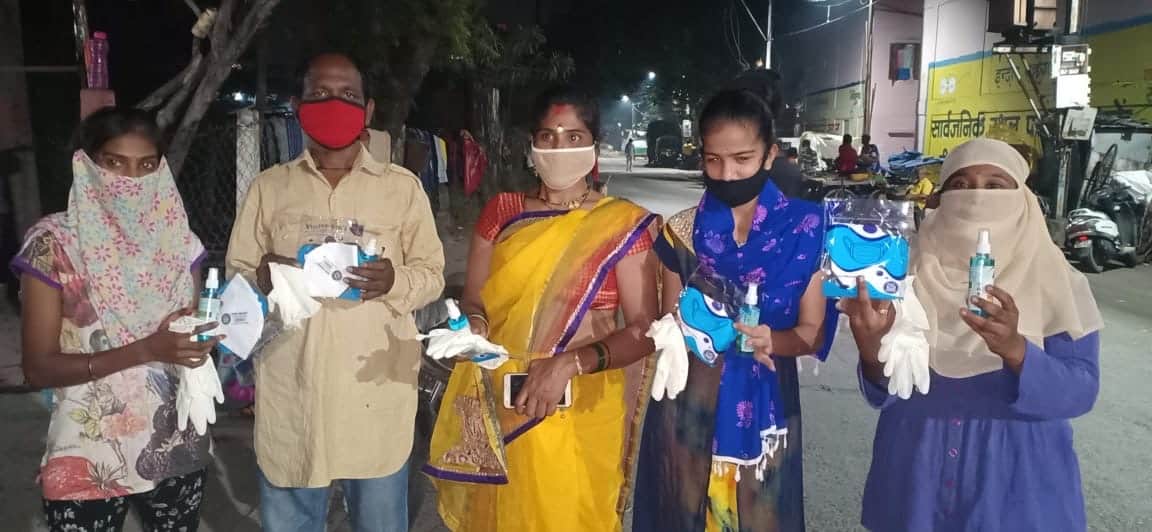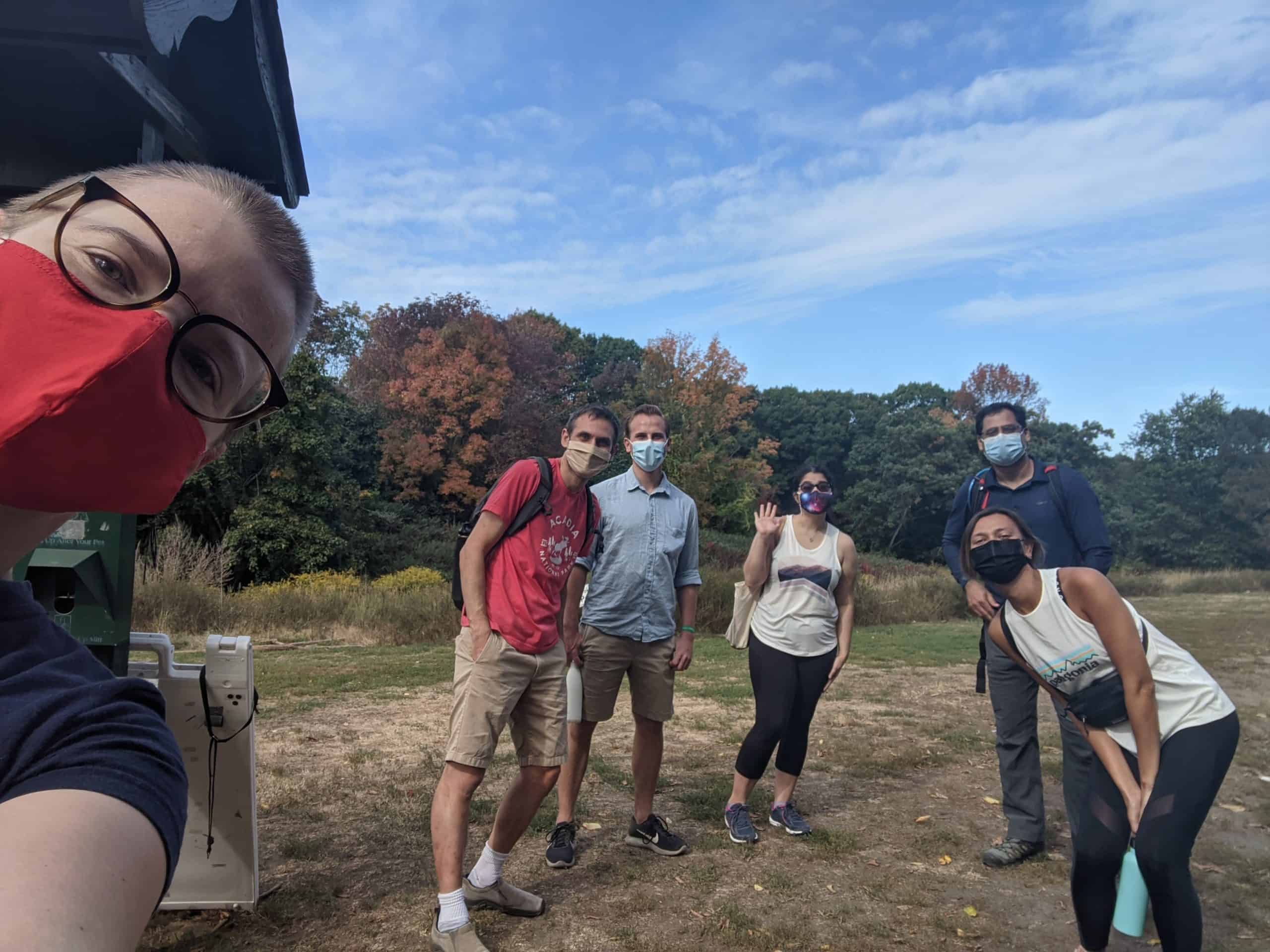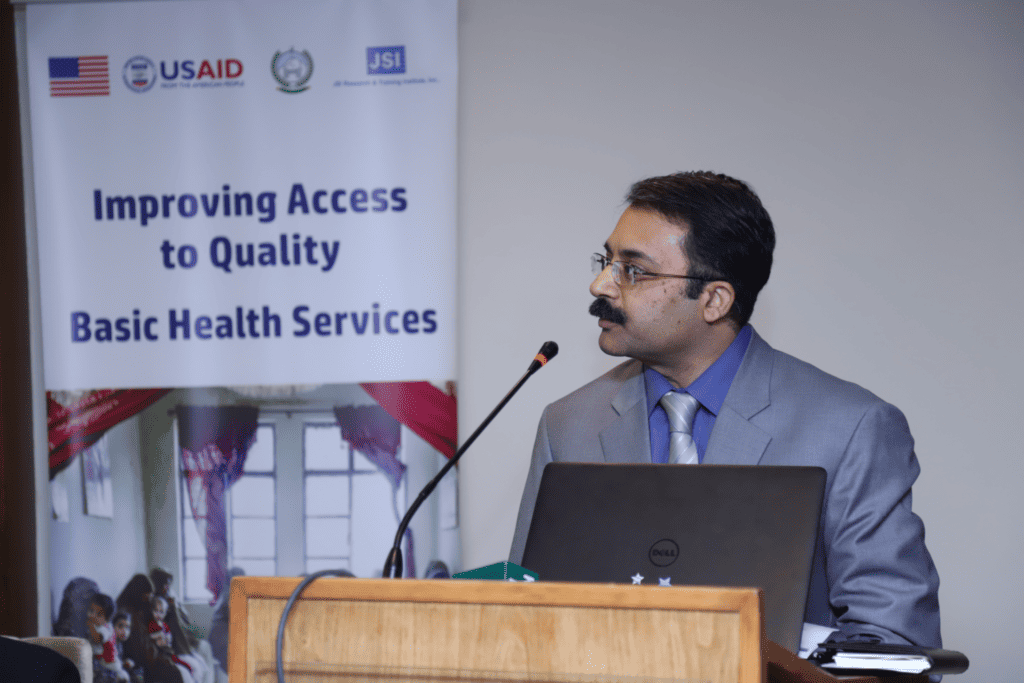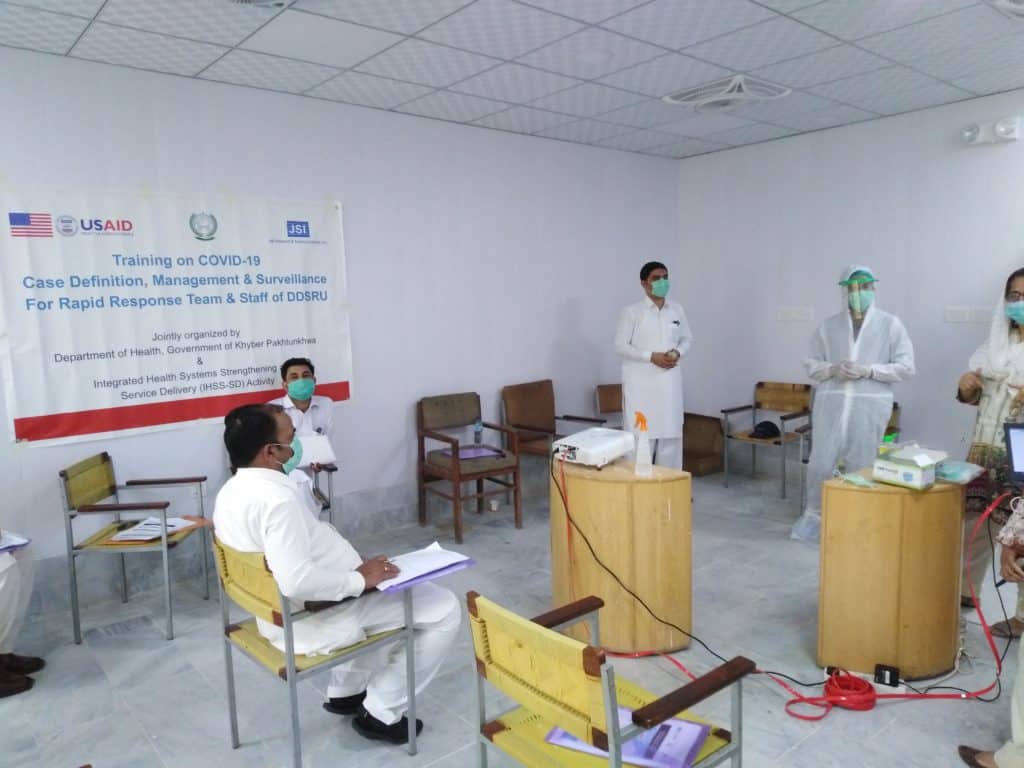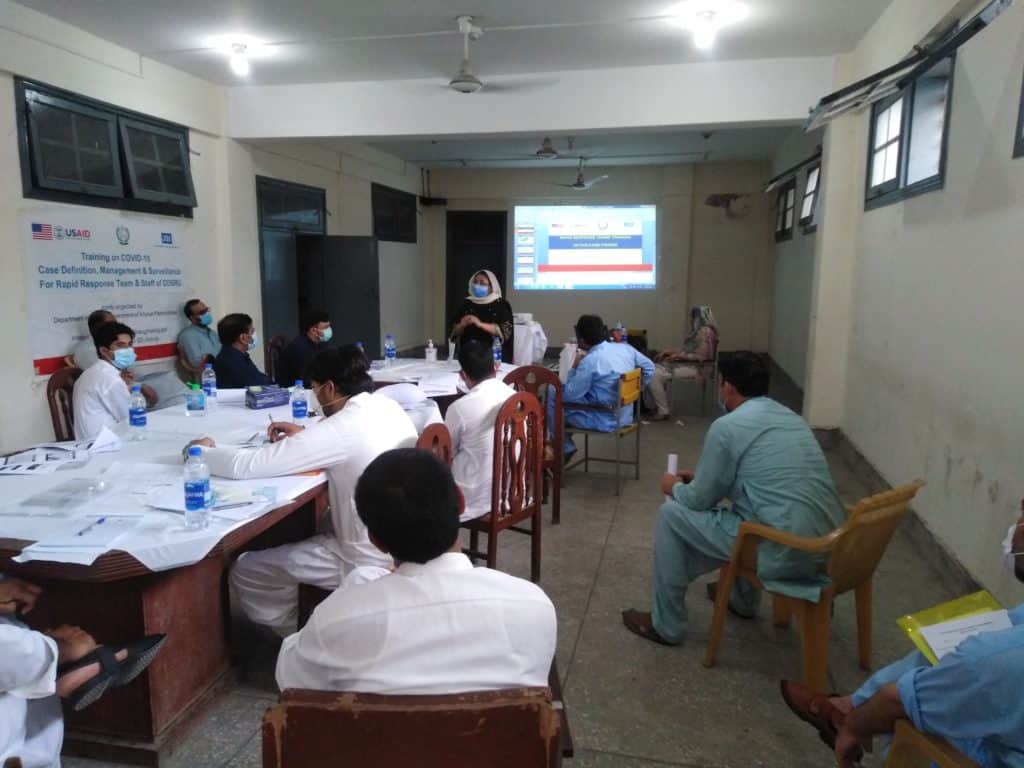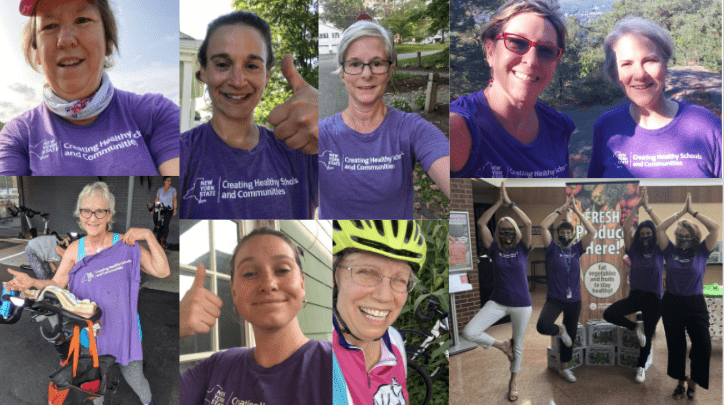In the beginning of 2020, our accounting department was preparing to launch an online management system for invoices and purchase orders. It was a big change and, as with all big changes, there was a mix of anticipation and trepidation about how it would go and how the staff would respond. But when our offices closed in March due to the pandemic, we realized how lucky we were to have this system in place. Kudos to our CIO, controller, and larger team for making this happen. I am fortunate that I can work from home but miss interacting with colleagues, especially those outside my department.
It was early March when Gerard Cody, director of the Randolph, MA Public Health Department, called JSI. It was rapidly becoming clear that Randolph was at high risk for COVID-19. An immigrant city, with many older adult residences and essential workers, the city worked with our team to ensure all residents had the information they needed to stay safe. JSI and city counselors planned for an initial event at a local senior center. As the danger of in-person exposure became apparent, the event shifted to virtual, broadcast from City Hall to residents via local cable TV and Facebook Live. Nevertheless, the event, conducted in Haitian Creole, Chinese, Vietnamese, and English, brought residents and their local officials closer together.
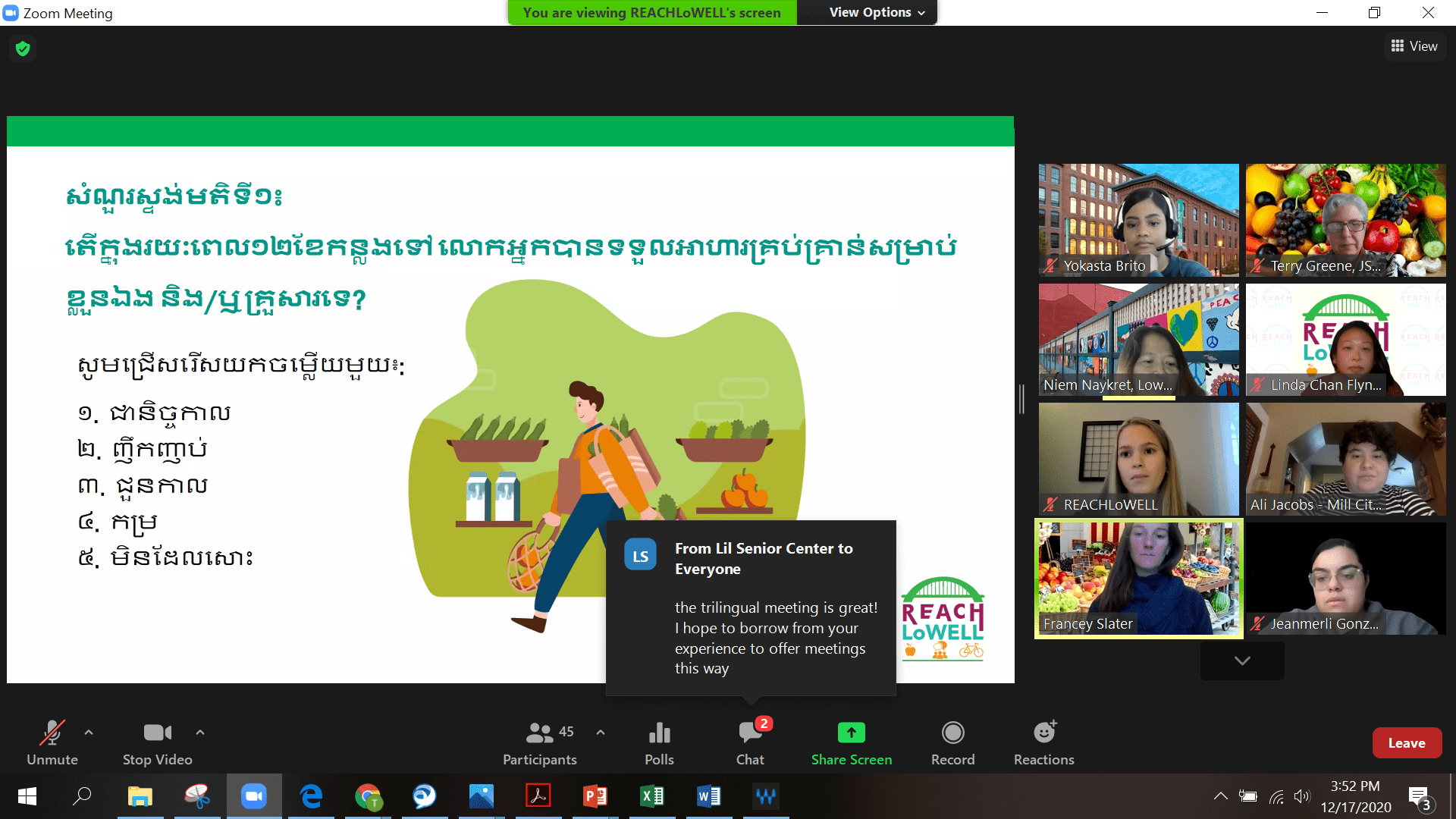
Over the year, communities across the Commonwealth shared vital information and resources. In June, we co-hosted a session of the Climate Change Adaptation Summit to focus on how the lessons from building climate change resilience, including our support of Cambridge, were being applied to the pandemic. Joining over a hundred organizations in the Massachusetts Public Health Association’s COVID-19 and Equity Taskforce, we strategized weekly to respond rapidly to emerging threats.
As a member of the Massachusetts Asthma Action Partnership, JSI participated in biweekly meetings among advocates and physicians to discuss approaches to treating asthma during COVID-19 through a racial equity lens.
In September, we joined the team of a CDC-funded Racial and Ethnic Approaches to Community Health (REACH) project in Lowell, MA. By mid-December, REACH LoWELL launched in the community, with an initial focus on growing food insecurity exacerbated by the pandemic. Local coalitions pooled resources, and learned from Cambodian and LatinX residents who envision a community in which healthy and culturally nourishing food is accessible to all.
2020 started well but soon we were hit by COVID-19 pandemic. Besides so many things the entire world has realized that disease does not respect boundaries and we are together in this crisis. We are reminded of shared responsibility to overcome COVID-19. Life goes on during chaos and crisis, and adjustments are required by projects in implementation strategies.
COVID-19 has exposed the gaps in health systems readiness in both developing and developed countries. In 2020, the Pakistan USAID Integrated Health Systems Strengthening and Service Delivery team adjusted to the changing environment and challenges. The promising thing is it worked out and program activities continued, as you’ll read in some of the stories below. Thanks to the teamwork of both our home office and field staff.
The first reported case of novel coronavirus was from Karachi on February 26, 2020. I remember the Sindh Government was struggling to respond, and there was conflicting information and confusion about roles and responsibilities in districts. In March, JSI, under the IHSS-SD activity, stepped in to help. Within two weeks we had identified and trained master trainers. The JSI team traveled throughout Sindh and, by April 1, after only 20 days, had trained 760 people in 29 districts.
During the training-of-trainers, we heard about people’s experiences and listened to ridiculous conspiracy theories about the virus. Many of these stories contained false information about transmission of virus and the differences between isolation and quarantine and suspected and confirmed cases. JSI discredited 95% of these dangerous rumors by imparting basic knowledge about COVID-19, thus decreasing people’s fear; and improving district teams’ efficiency in collecting, reporting, referring, and managing COVID-19 cases in Sindh. We trained almost 300 rapid response team (RRT) members across Pakistan.
We also sprang into action to ensure health center capacity to treat people who tested positive for COVID-19. In 2020, I looked after the logistics arrangements for JSI meetings, workshops, and trainings in five provinces. I coordinated most of the logistics for the RRT and ventilator support trainings for health care providers. We trained almost 900 participants while supporting our ongoing child health activities. The IHSS-SD ActivityMore trained more than 3,000 people in maternal, newborn, and child health in 2020. It wasn’t easy to coordinate during a pandemic, but we did it.
